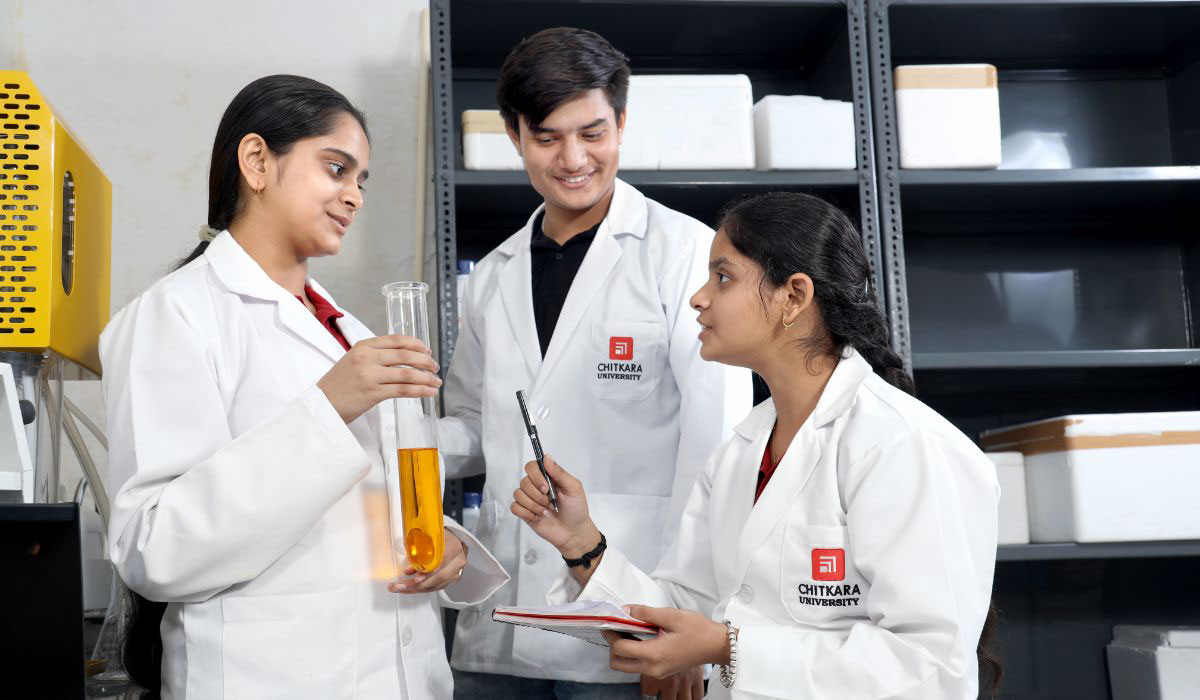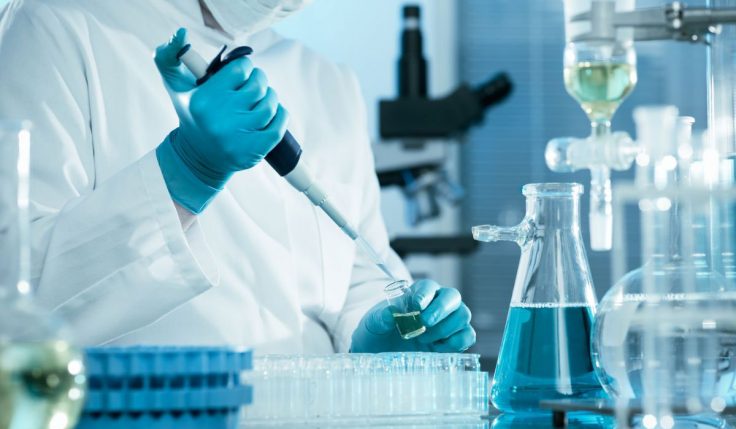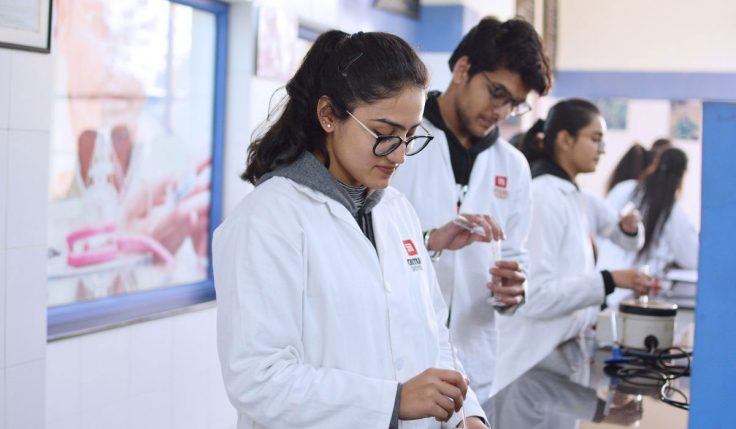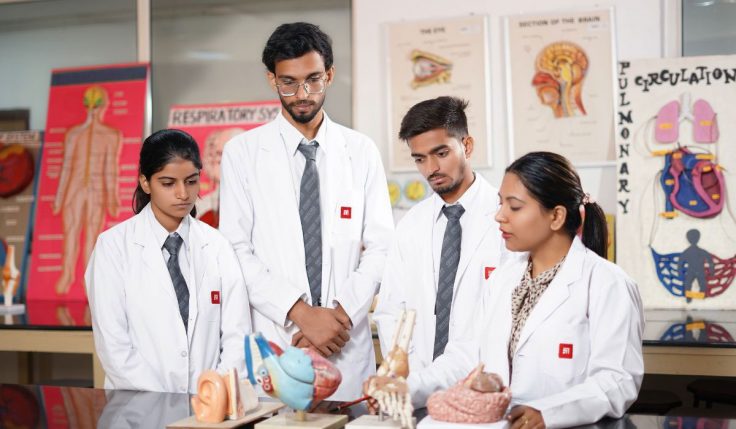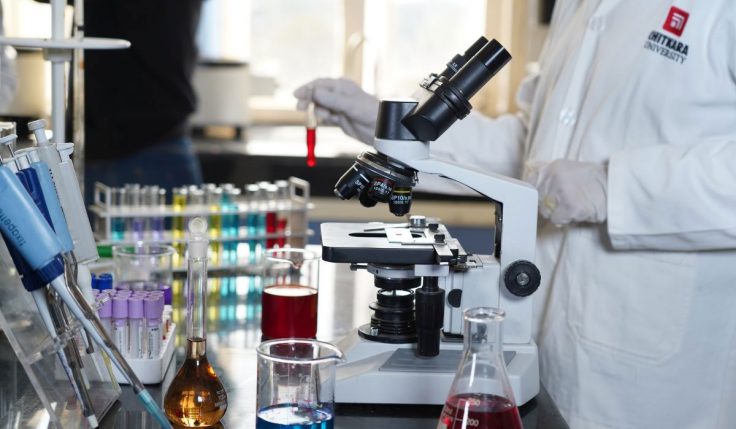The important part of Medical Laboratory Science (MLS) is often not recognized in the complicated world of healthcare, where correct evaluation and effective treatment are key. However, this area is very important because it connects medical study with patient care. It is a key part of modern healthcare systems. Let’s look at how MLS ties medicine and why it’s an important part of the healthcare system.
What does Medical Laboratory Science mean?
Medical Laboratory Science is a broad area that looks at biological samples to find diseases, fix them, and keep them from happening. It includes a lot of different fields, like immunology, clinical chemistry, hematology, microbiology, and blood science. Medical Laboratory Scientists are the people who work in this area. They do many different types of lab tests to help doctors figure out what’s wrong with patients and how to treat them.
This is the B.Sc. Medical Laboratory Science Program.
The goal of the B.Sc. Medical LaboratoryScience program is to give students the skills and information they need to work in a medical laboratory. Biology, chemistry, microbiology, hematology, and immunity are just some of the topics it covers. Students learn how to do different lab tests, analyze the results, and describe their findings clearly through a mix of classroom learning and hands-on experience.
Making a Difference in Medicine Through MLS
Accuracy in Diagnostics: Medical Laboratory Scientists are very important for making sure that test results are correct and dependable, which is needed to make smart choices about how to care for patients. A lot of medical evaluations are based on the work they do, from blood tests to pee analysis.
Finding and keeping an eye on diseases: MLS workers help find diseases early by looking at samples and finding certain signs. They also keep an eye on how diseases are getting worse and how well treatments are working, which lets doctors change treatment plans as needed.
Research and Development: Medical Laboratory Scientists do a lot of the most cutting edge research and development in the medical area. They work on making new tests and tools that help doctors make better diagnoses and improve the health of patients.
Care for Patients: MLS workers are very important to patient care, even if they don’t work closely with patients. The general standard of care that patients get is improved by the accurate and timely test results that they give.
What’s Next for Medical Laboratory Science
The job of Medical Laboratory Science changes along with the field of health. The area is changing because of new technologies and a greater need for personalized care. Molecular diagnostics and next-generation sequencing are two cutting-edge technologies that MLS workers are now using to give more accurate test results.
To sum up, Medical Laboratory Science is an important part of current healthcare. Medical study and patient care are linked by this service, which provides important diagnostic and tracking services. As time goes on, the field will become more and more important in shaping the future of health.
Read this blog post: World of Medical Laboratory Assistants and Related Technical Occupations
The Chitkara School of Health Sciences 4-Year Bachelors in Medical Laboratory Science is a complete educational plan that combines classroom learning with hands-on practice. This program combines classroom learning with a required one-year rotational job with a famous healthcare network like Fortis Healthcare Network. The goal is to teach students how to do diagnostic tests in a wide range of medical fields. During the four years, students learn the ins and outs of chemical, hematological, immunologic, microscopic, and bacteriological diagnostic tests. This prepares them for a wide range of jobs in hospital labs, clinics, corporate research labs, and other places.
Students at Chitkara University not only get tough academic training but also get guaranteed help finding jobs after they graduate. Those who have completed 10+2 with Biology or a professional study in MLS/MLT with at least 50% marks are eligible. They will learn the skills and information they need to do well in the fast-paced field of Medical Laboratory Science. The curriculum is carefully chosen and includes classes like Clinical Endocrinology & Toxicology, Diagnostic Molecular Biology, and Advanced Diagnostic Techniques. These classes give students the skills they need to do diagnostic tests on different body fluids, which improves healthcare outcomes.
The Bachelors in Medical Laboratory Science program at Chitkara School of Health Sciences is a life-changing experience for students. It is based on programs that are recognized by the medical field and are led by excellent teachers. With a focus on hands-on learning, developing practical skills, and individual mentoring, grads become healthcare workers who are ready to make a difference in the field. Chitkara University prepares students for great careers and leadership roles in the field of Medical Laboratory Science by giving them top-notch education, hands-on experience, and courses that are relevant to the business.
